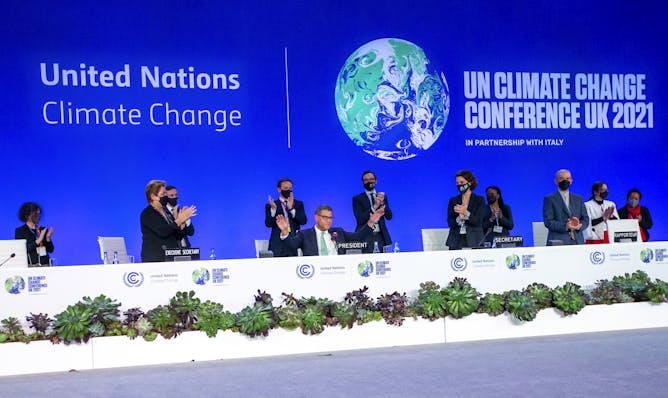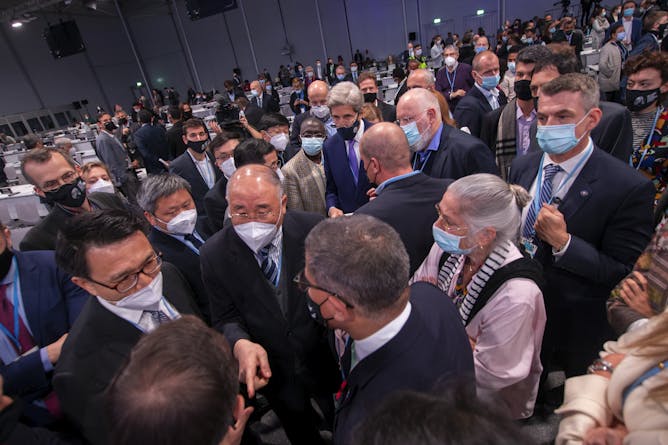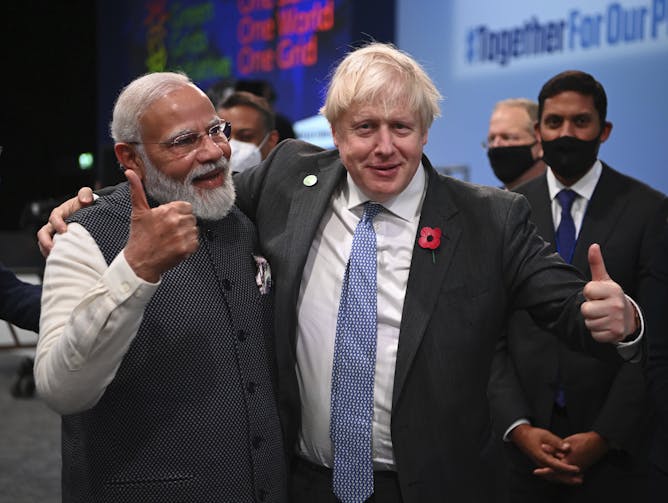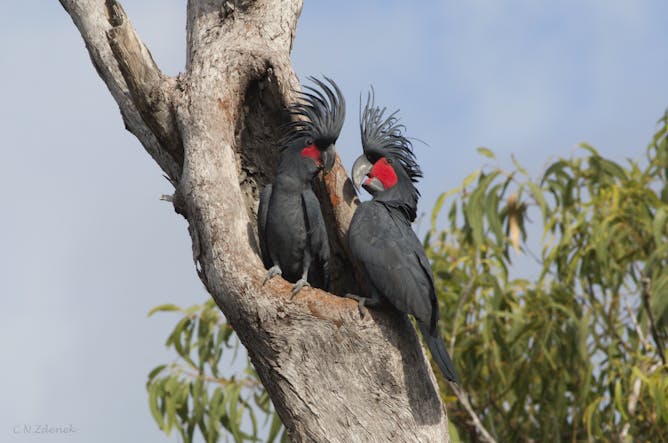|
When the gavel came down on COP26 in Glasgow, Scotland on Saturday, The Conversation had published 201 articles about the critical UN climate change conference. Within a couple of hours there were more, including this, our lead, which brings together specialist expertise from across the planet to consider the gains made and opportunities missed.
Much coverage since the Glasgow Climate Pact was sealed has revolved around the last-minute concession to India on the language used with regard to coal. But our analysis today suggests that the die is now cast for this fossil fuel at least.
Of course, while COP26 is over, the climate crisis remains. Other media may turn their gaze away as the events hoarding come down. But The Conversation’s editors and expert academic authors across the globe will remain firmly fixed on the biggest challenge facing humanity.
Do share this email and encourage friends, family and colleagues to sign up for the twice-weekly newsletter if you enjoy the work The Conversation does. We feel it is important that it is read and listened to as widely as possible.
|

All 197 countries represented at COP26 signed the pact.
Robert Perry/EPA
Christina E. Hoicka, University of Victoria; Daniel Sperling, University of California, Davis; Ian Lowe, Griffith University; Kate Dooley, The University of Melbourne; Kyla Tienhaara, Queen's University, Ontario; Mark Maslin, UCL; Piers Forster, University of Leeds; Ran Boydell, Heriot-Watt University; Simon Lewis, UCL
Has the summit delivered on its goals?
|

John Kerry and other delegate in discussions on the final day of COP26.
Rober Perry/EPA
Simon Lewis, UCL; Mark Maslin, UCL
COP26 saw incremental progress but not the breakthrough moment needed.
|

AP
Bill Hare, Potsdam Institute for Climate Impact Research
Rather than slow the decline in coal use, India’s actions at COP26 ensure it and other polluting nations will be under even greater scrutiny.
|
|
|
-
Emily Tyler, University of Cape Town
Pitched at an initial US$8.5 billion, the partnership has the potential to be one of the largest individual climate finance transactions to date. But can a just transition be achieved?
-
Richard Buning, The University of Queensland
Derby in northeast Tasmania should be a story of hope for mining communities seeking to transition to a sustainable future. But logging threatens that vision.
-
Alexander Edwards, University of Reading
Both drugs significantly reduce the chance of people vulnerable to COVID being hospitalised – but they stop the virus in different ways.
|
|

It’s been 10 years since Chief Keef became an internet famous rapper with the song ‘Bang.’
Johnny Nunez/WireImage via Getty Images
Jabari Evans, University of South Carolina
The police, the media and politicians have long objected Chief Keef’s ties to gang violence. But the rapper wrote the playbook for using social media to make a career out of music.
|

Shutterstock
Oluwatoyin Onipe, University of Venda; Afam I. O. Jideani, University of Venda
“Fat cakes” are incredibly popular in cities and townships across sub-Saharan Africa. But they are also unhealthy because of their high carbohydrate content.
|

Palm cockatoo breeding pair at the nesting hollow. Female on left, male on the right.
Christina N. Zdenek
Christina N. Zdenek, The University of Queensland; Rob Heinsohn, Australian National University
Australia’s largest parrot has just been listed as an endangered species. Here’s why they’re in trouble – but it’s not too late to save them.
|